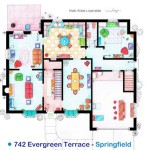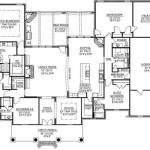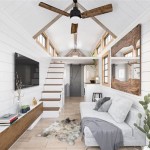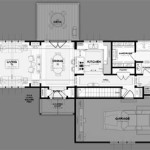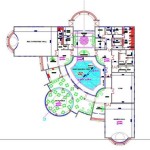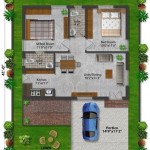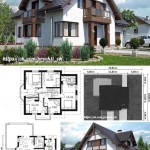Yurt House Plans: Essential Aspects for a Sustainable and Livable Home
Yurt houses have captivated homeowners with their unique blend of cultural heritage and modern functionality. Originating from the nomadic tribes of Central Asia, yurts offer a sustainable and adaptable living space that seamlessly integrates with its surroundings. By understanding the essential aspects of yurt house plans, you can embark on the journey to create a harmonious and comfortable home that embodies the spirit of nature.
1. Structural Framework
The structural framework of a yurt house forms the backbone of the dwelling. It consists of a series of latticed wooden poles that are joined together to create a circular or polygonal shape. The poles are arranged in a radial pattern, with a central crown that serves as the highest point of the structure. This framework provides stability and support to the entire house.
2. Doorway and Window Openings
Yurt house plans typically incorporate a single doorway opening, usually located on the south side of the structure to maximize sunlight. The doorway may be adorned with intricate latticework or carvings that reflect the region's cultural influences. Additionally, some yurt plans include skylights or small windows positioned strategically to allow for natural ventilation and light.
3. Covering Materials
The exterior covering of a yurt house plays a crucial role in protecting the interior from the elements. Traditionally, yurts were covered with animal skins, such as felt or canvas. These materials provided excellent insulation, water resistance, and breathability. Modern yurt house plans often utilize high-performance fabrics that offer similar benefits while incorporating fire retardancy and UV protection.
4. Insulation and Ventilation
Proper insulation and ventilation are essential for maintaining a comfortable living environment within a yurt house. Insulation materials such as wool, sheepskin, or foam can be incorporated within the wall and roof sections to regulate temperature and prevent heat loss. Additionally, clever ventilation systems utilizing adjustable flaps or windows allow for ample airflow, reducing condensation and ensuring air quality.
5. Interior Layout
The interior layout of a yurt house is highly adaptable and can be customized based on individual needs and preferences. The circular shape of the structure creates a spacious and open living area. Furniture and furnishings can be arranged to create distinct zones, such as sleeping quarters, a dining area, or a work station. The versatility of the layout allows for efficient use of space and a cozy ambiance.
6. Sustainable Features
Yurt house plans often prioritize sustainability and eco-consciousness. By utilizing natural materials, promoting ventilation, and maximizing natural light, yurts reduce environmental impact. Additionally, modern yurt plans incorporate innovative features such as solar panels, rain catchment systems, and composting toilets to further enhance their sustainability.
7. Customization Options
Yurt house plans offer a wide range of customization options to cater to diverse tastes and lifestyles. The exterior design can be adapted with various colors, patterns, and decorative elements. The interior layout can be tailored to accommodate specific room configurations and storage requirements. By incorporating personal touches and creative flair, homeowners can create a truly unique and personalized dwelling.

Yurt Floor Plans Rainier Outdoor

Modern Yurt Designs Create Your Ideal Home Configurtation

Yurt Floor Plans Yourte Plan Maison

Yurt Floor Plans Rainier Outdoor

Yurt Floor Plans How To Plan

Octagonal Yurt Building Plans Kit
30 Yurt Plan Forum A Community About Yurts

Yurt Floor Plans Rainier Outdoor

Yurt Designs And Interior Inspiration Salter Spiral Stair

Unique Yurt House Plans 6 Two Story Floor Home

